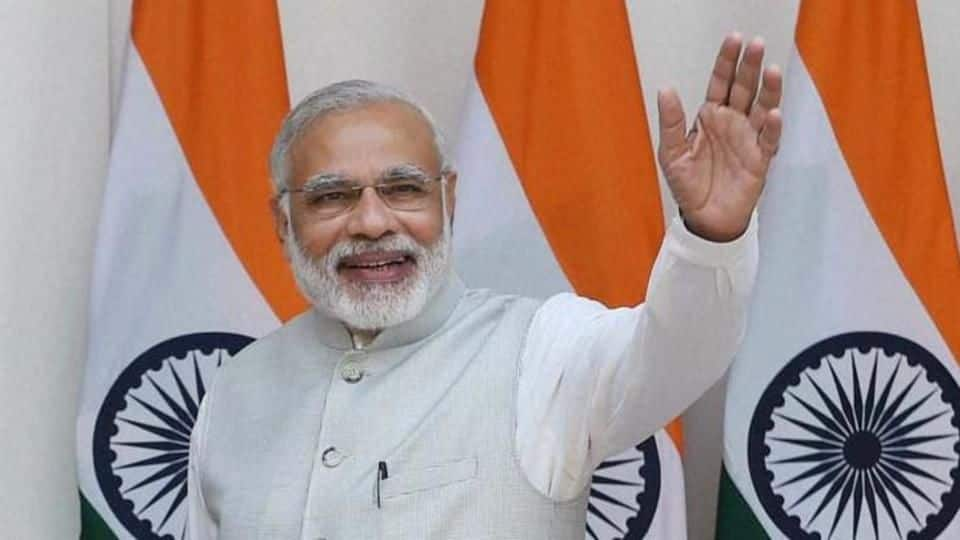
China's Xinhua news terms 2017 the 'Year of Brand Modi'
What's the story
Xinhua, China's official state-run news agency has declared 2017 as the 'Year of Brand Modi' in politics. However, the agency's unprecedented praise for PM Narendra Modi comes with a caveat, that "the BJP needs to take a reality check and make humbler political approaches." What else did the article say? Why is China praising PM Modi? Read on.
Modi wave
Xinhua article: India is in awe of the Modi wave
"The Modi wave that began with BJP's emphatic win in the 2014 general elections showed no signs of receding as the party added some major states to its kitty," the article stated. It made a note of BJP victories in UP, Himachal Pradesh and Gujarat elections and attributed the party's win in 9 out of 17 state-polls since 2014 to the Modi wave.
Details
BJP overcame tough criticism to achieve its victories
The article notes that the BJP overcame "stiff challenges" to clinch marvelous victories in state elections. It states that the Modi government came under severe criticism for demonetization, an aspect which the opposition parties employed to try to "rout out BJP." However, despite the criticism, the party emerged victorious in the UP elections, which was touted as a test for Modi's popularity, it adds.
About
On the roles of Modi and Amit Shah
The article states that Modi's mass appeal has enabled him to thrive as a "star face" through all the state elections that BJP has fought since 2014. BJP chief Amit Shah plays a key organisational role in the party, the article adds. It further attributes BJP's stellar victories to the party's "election strategies and a cadre of members working round the clock."
Analysis
Why is China showering praises on PM Modi?
Speaking to DNA, Shastri Ramachandra, an expert in Sino-Indian relations explains that publishing the positive article was a way of diplomatically "managing perceptions" between the two countries. Numerous differences have cropped up between the two countries this year concerning events such as the Doklam standoff. "The countries have realized their differences but appear to be determined to not enter conflict over these," he added.